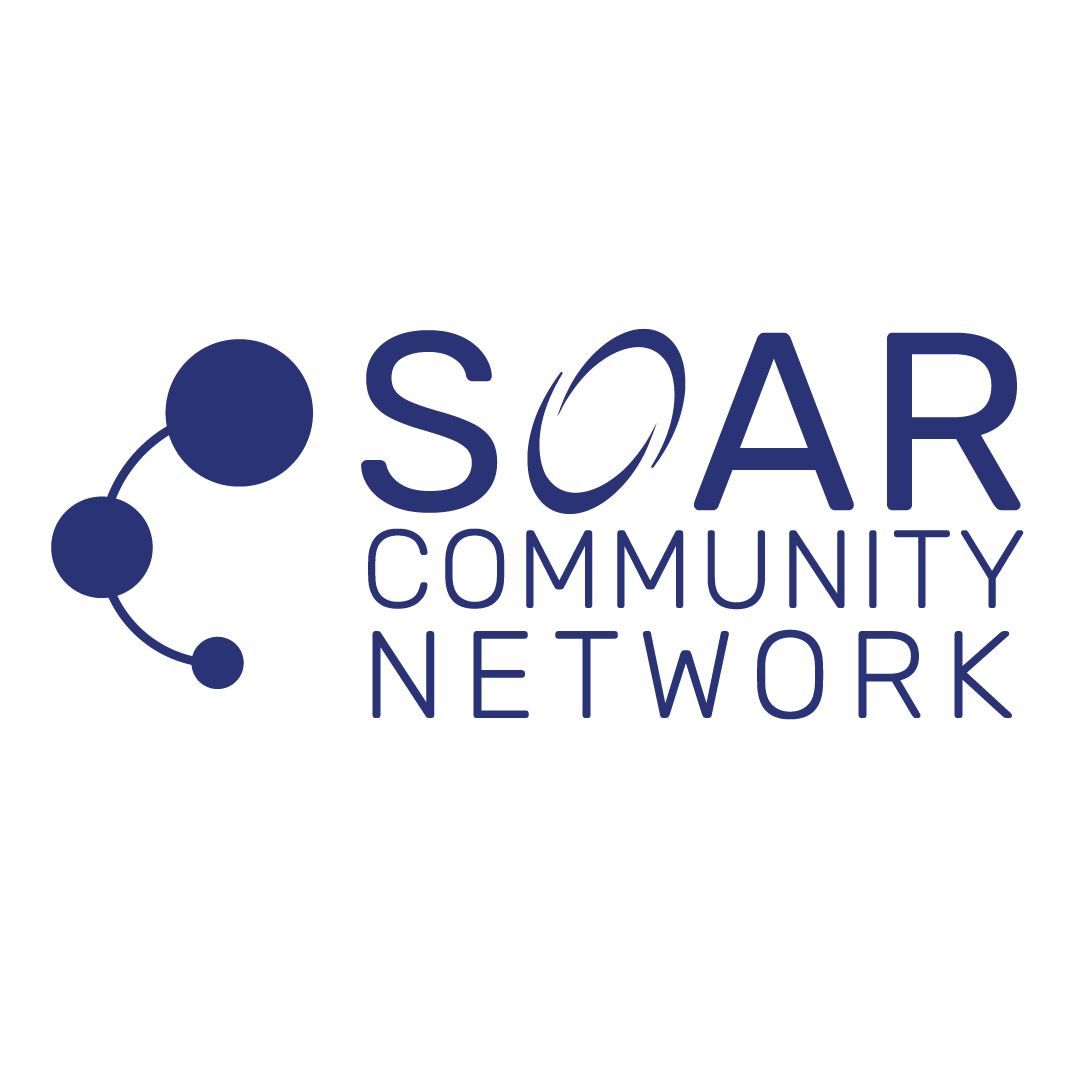Introduction
In an ever-evolving global business landscape, Diversity, Equity, Inclusion, Accessibility, and Belonging (DEIAB) have emerged as crucial elements in creating a compassionate, cohesive, and collaborative work environment. The implementation of DEIAB initiatives is not just a moral imperative but a strategic necessity. This article delves into the importance of DEIAB in fostering a work culture that values individual differences, promotes equal opportunities, and cultivates a sense of belonging among all employees.
Understanding DEIAB
DEIAB encompasses a broad spectrum of practices and philosophies. Diversity refers to the representation of varied identities and differences (race, ethnicity, gender, disability, sexual orientation, gender identity, national origin, tribe, caste, socio-economic status, thinking and communication styles, etc.), within an organization. Equity seeks to ensure fair treatment, equality of opportunity, and fairness in access to information and resources for all. Inclusion involves creating a work environment where diverse individuals are valued, integrated, and welcomed into the larger whole. Accessibility ensures that workplaces are designed to accommodate the needs of all employees, including those with disabilities. Belonging is the feeling of security and support when there is a sense of acceptance, inclusion, and identity for a member of a certain group or place.
The Business Case for DEIAB
- Enhanced Performance and Innovation: A McKinsey report highlights that companies with diverse executive boards enjoy significantly higher earnings and returns on equity. Diverse teams bring varied perspectives, leading to innovative solutions and improved decision-making processes.
- Increased Employee Engagement and Productivity: When employees feel included and valued, they are more engaged, motivated, and productive. A Deloitte study found that organizations with inclusive cultures are eight times more likely to achieve better business outcomes.
- Attracting and Retaining Talent: An inclusive workplace culture is vital in attracting and retaining top talent. LinkedIn’s Global Talent Trends report indicates that 72% of job seekers value diversity as an important factor when considering companies and job offers.
- Reflecting the Global Market: A diverse and inclusive workforce is better equipped to understand and meet the needs of a global customer base, thereby expanding market reach and competitiveness.
- Enhancing Company Reputation: Companies known for their DEIAB efforts are viewed more favorably, which enhances their brand reputation and stakeholder trust.
Implementing Effective DEIAB Initiatives
- Leadership Commitment: Effective DEIAB initiatives start with a commitment from the top. Leadership must not only endorse these initiatives but also actively participate in and champion them.
- Inclusive Policies and Practices: Review and reformulate policies and practices to ensure they are inclusive and equitable. This includes recruitment, promotion, compensation, and development opportunities.
- Training and Education: Regular training programs on unconscious bias, cultural competence, and inclusive leadership are essential to educate and sensitize the workforce.
- Employee Resource Groups (ERGs): Encourage and support the formation of ERGs. These groups provide a platform for employees to voice their concerns, share experiences, and foster a sense of belonging.
- Accessibility and Accommodation: Ensure that the workplace is accessible to all, including people with disabilities. This includes physical accessibility as well as accommodations in work policies and practices.
- Measurement and Accountability: Set clear goals for DEIAB initiatives and regularly measure progress. Hold leaders and managers accountable for the results.
- Open Dialogue and Feedback: Create channels for open dialogue where employees can share their experiences and provide feedback on DEIAB initiatives.
Challenges and Considerations
While implementing DEIAB initiatives, organizations may face challenges such as resistance to change, unconscious biases, and tokenism. It is crucial to address these challenges head-on through continuous education, open dialogue, and a genuine commitment to change.
Conclusion
DEIAB initiatives are not just about ticking boxes; they are about creating a work environment where every individual can thrive. Embracing DEIAB leads to a more compassionate, cohesive, and collaborative workplace, ultimately driving organizational success. In a world of increasing diversity, the organizations that will thrive are those that truly embrace and implement DEIAB in every facet of their operation.
References
- McKinsey & Company, “Diversity Wins: How Inclusion Matters”
- Deloitte, “The Six Signature Traits of Inclusive Leadership”
- LinkedIn, “Global Talent Trends Report”
- Harvard Business Review, “Why Diversity Programs Fail”

